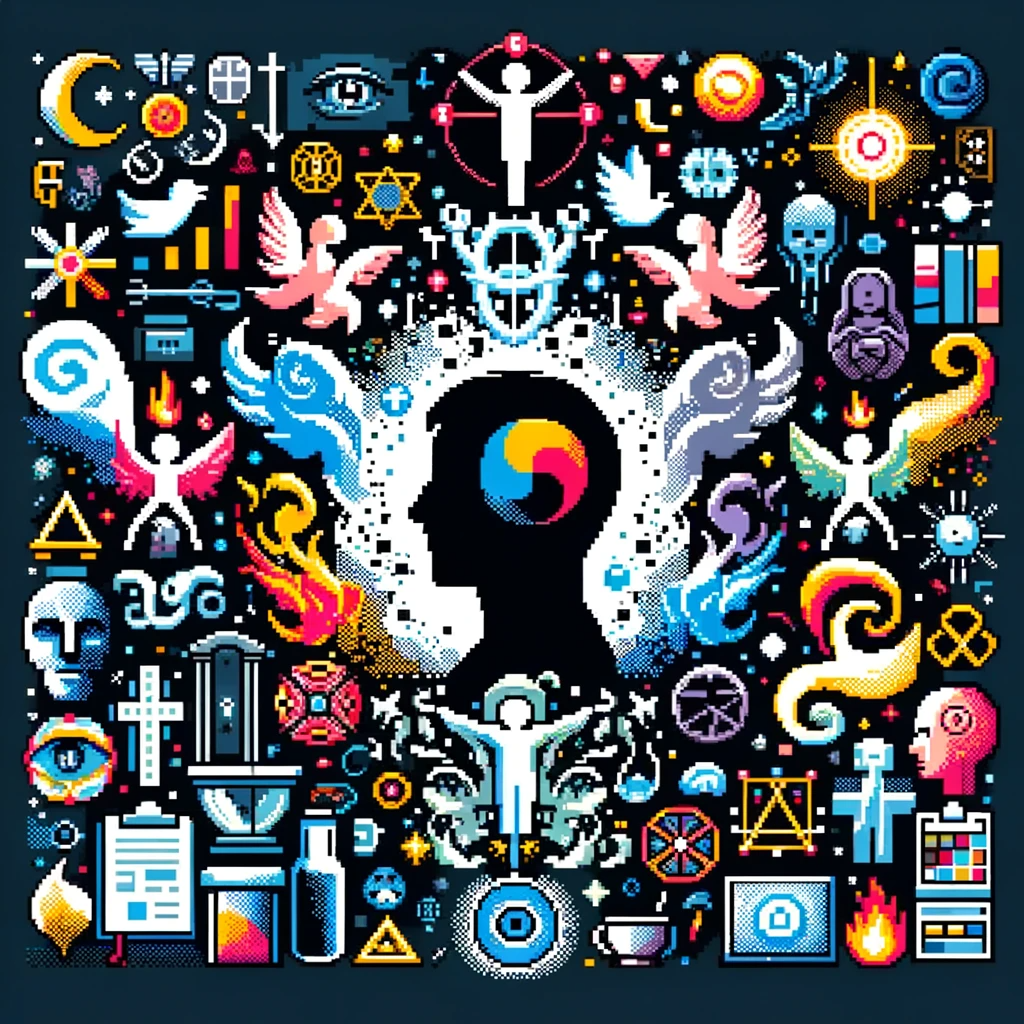
Supernatural Beliefs and Attributions: Understanding Their Role in Our Lives
Have you ever wondered about the impact of supernatural beliefs in our daily lives? Whether it’s a belief in fate, spirits, or other entities beyond our material world, these beliefs are more common and influential than many of us realize. The article Supernatural Attributions: Seeing God, the Devil, Demons, Spirits, Fate, and Karma as Causes of Events delves into this fascinating subject, highlighting the psychological relevance of these beliefs.
The Prevalence of Supernatural Beliefs
Surveys reveal that a significant portion of people, particularly in the United States, hold beliefs in supernatural entities like God, the devil, and an afterlife. These beliefs are not fringe phenomena but are integral parts of human diversity and culture.
The Psychological Significance
Why do these beliefs matter? They intersect with various aspects of psychology, including coping mechanisms, sources of distress, and even moral guidance. Interestingly, while some supernatural attributions may seem to contradict natural laws, many believers see supernatural entities working indirectly through natural events.
Factors Influencing Supernatural Attributions
A range of factors, including cultural context, specific beliefs, and individual cognitive styles, can lead people to make supernatural attributions. They are not just products of dramatic experiences but often emerge from everyday life events interpreted through a supernatural lens.
Supernatural Beliefs in Clinical Psychology
Despite their prevalence, supernatural topics have been relatively understudied in clinical psychology. This oversight is significant, as these beliefs play a crucial role in therapy and mental health. For example, beliefs in divine punishment or demonic influence can profoundly affect a person’s psychological well-being.
The Complexity of Supernatural Beliefs
Supernatural beliefs and attributions are multifaceted. They can serve as coping resources, but they can also be sources of distress. They can be signals of psychopathology or integral parts of a person’s moral and ethical framework.
The Role of Supernatural Beliefs in Therapy
Many therapy clients see religious and spiritual issues as relevant to their treatment. However, there’s often a reluctance to bring up these topics, partly due to the perceived conflict between science and religion. Therapists themselves might not feel comfortable discussing these topics due to a lack of religious diversity in their training.
The Big Picture
Understanding supernatural beliefs and attributions is crucial for a holistic view of human psychology. They are deeply interwoven into the fabric of human culture and psychology, influencing everything from personal coping strategies to societal norms.
Conclusion
The exploration of supernatural beliefs and attributions opens up a rich and complex area of human experience. It challenges us to look beyond the material and consider the profound impact of these beliefs on individual and collective psychology. As we continue to understand these beliefs better, we open doors to more inclusive and effective psychological practices.
Embark on a Scientific Adventure
Join ‘This Week in Science’ and explore the universe of knowledge! Our weekly newsletter is crafted for educators and enthusiasts, bringing you the latest and most exciting scientific discoveries. Every issue is packed with cutting-edge research, breakthroughs, and captivating stories from the world of science. Subscribe now for free and transform your teaching and learning experiences. Embark on your path to becoming more knowledgeable and connected with the ever-evolving world of science.



